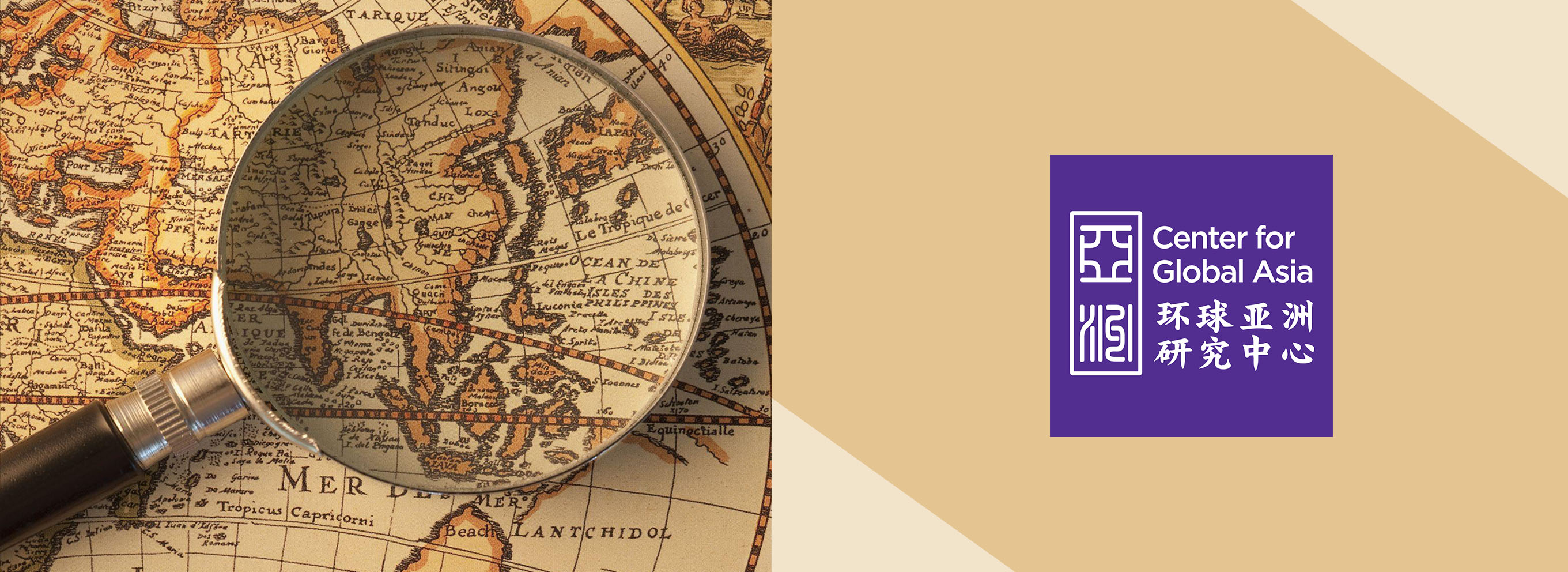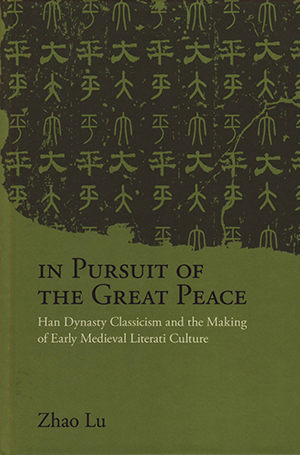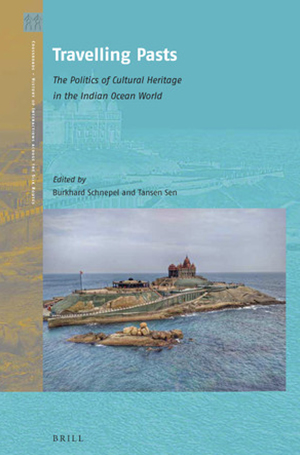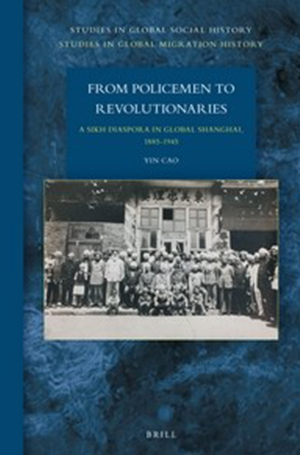CONTACT US
Email: shanghai.cga@nyu.edu
Phone Number: +86 (21) 20595043
WeChat: NYUShanghaiCGA
Address:
Room W822, 567 West Yangsi Road,
Pudong New Area, Shanghai, China

© 2024 All Rights Reserved


Wiesbaden: Harrassowitz, 2020
By Elke Papelitzky
The last century of China’s Ming dynasty (1368–1644) saw many troubles and challenges from abroad. Pirates raided the coast, Europeans challenged the traditional world order of the tribute system, and the everlasting threat from the northern steppe people continued to raise concerns for the state’s survival. This climate of uncertainty resulted in many Ming literati discussing foreign countries. During the last decades of the Ming era, seven authors wrote monographs that can be considered a form of Chinese “world history.” The authors describe the geography, history, and political systems of foreign countries and regions, ranging from China’s close neighbors Japan and Mongolia to more distant lands such as Mogadishu and Europe. This book studies each of the seven authors’ knowledge and perceptions of the world and focuses especially on countries linked to China by a maritime border, namely Siam (present-day Thailand), Malacca, and Portugal. The book combines a close textual and paratextual analysis with a biographical study to understand why the authors wrote the texts the way they did. This is the first comprehensive introduction to these texts to contribute to the understanding of late Ming historiography and late Ming scholars’ perceptions of foreign countries.

Albany: SUNY Press, 2019
By Zhao Lu
Through an examination of the Great Peace (taiping), one of the first utopian visions in Chinese history, Zhao Lu describes the transformation of literati culture that occurred during the Han Dynasty. Driven by anxiety over losing the mandate of Heaven, the imperial court encouraged classicism in order to establish the Great Peace and follow Heaven’s will. But instead of treating the literati as puppets of competing and imagined lineages, Zhao uses sociological methods to reconstruct their daily lives and to show how they created their own thought by adopting, modifying, and opposing the work of their contemporaries and predecessors. The literati who served as bureaucrats in the first century BCE gradually became classicists who depended on social networking as they traveled to study the classics. By the second century CE, classicism had dissolved in this traveling culture, and the literati began to expand the corpus of knowledge beyond the accepted canon. Thus, far from being static, classicism in Han China was full of innovation, ultimately giving birth to both literary writing and religious Daoism.

Leiden: Brill, 2019
Edited by Burkhard Schnepel and Tansen Sen
Travelling Pasts, edited by Burkhard Schnepel and Tansen Sen, offers an innovative exploration of the issue of heritage in the Indian Ocean world. This collection of essays demonstrates how the heritagization of the past has played a vital role in processes and strategies related to the making of socio-cultural identities, the establishment of political legitimacies, and the pursuit of economic and geopolitical gains. The contributions range from those dealing with the impact of UNESCO’s World Heritage Convention in the Indian Ocean world as a whole to others that address the politics of cultural heritage in various distinct maritime sites, such as Zanzibar, Mayotte, Cape Town, the Maldives, Calcutta, and Penang. Also examined are the Maritime Silk Road and the Project Mausam initiatives of the Chinese and Indian governments respectively. The volume is an important contribution to the transdisciplinary fields of Indian Ocean Studies and Heritage Studies.

Leiden: Brill, 2017
By Yin Cao
From Policemen to Revolutionaries uncovers the less well-known story of Sikh emigrants in Shanghai in the late nineteenth and early twentieth centuries. Cao Yin argues that the cross-border circulation of personnel and knowledge across the British colonial and Sikh diasporic networks facilitated the formation of the Sikh community in Shanghai, eventually turning this Chinese city into one of the overseas hubs of the Indian nationalist struggle. By adopting a translocal approach, this study elaborates on how the flow of Sikh emigrants, largely regarded as subalterns, initially strengthened but eventually undermined British colonial rule in East and Southeast Asia.
Email: shanghai.cga@nyu.edu
Phone Number: +86 (21) 20595043
WeChat: NYUShanghaiCGA
Address:
Room W822, 567 West Yangsi Road,
Pudong New Area, Shanghai, China

© 2024 All Rights Reserved